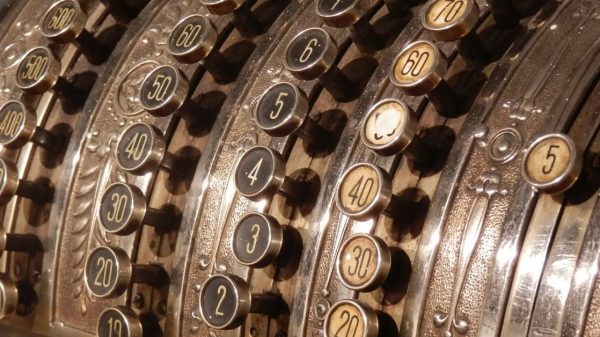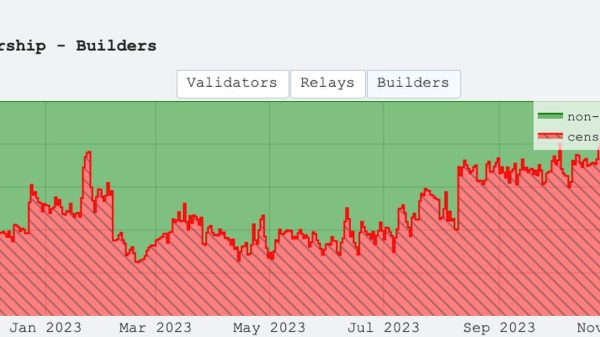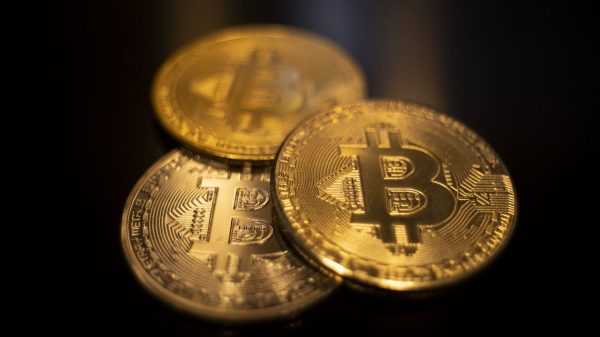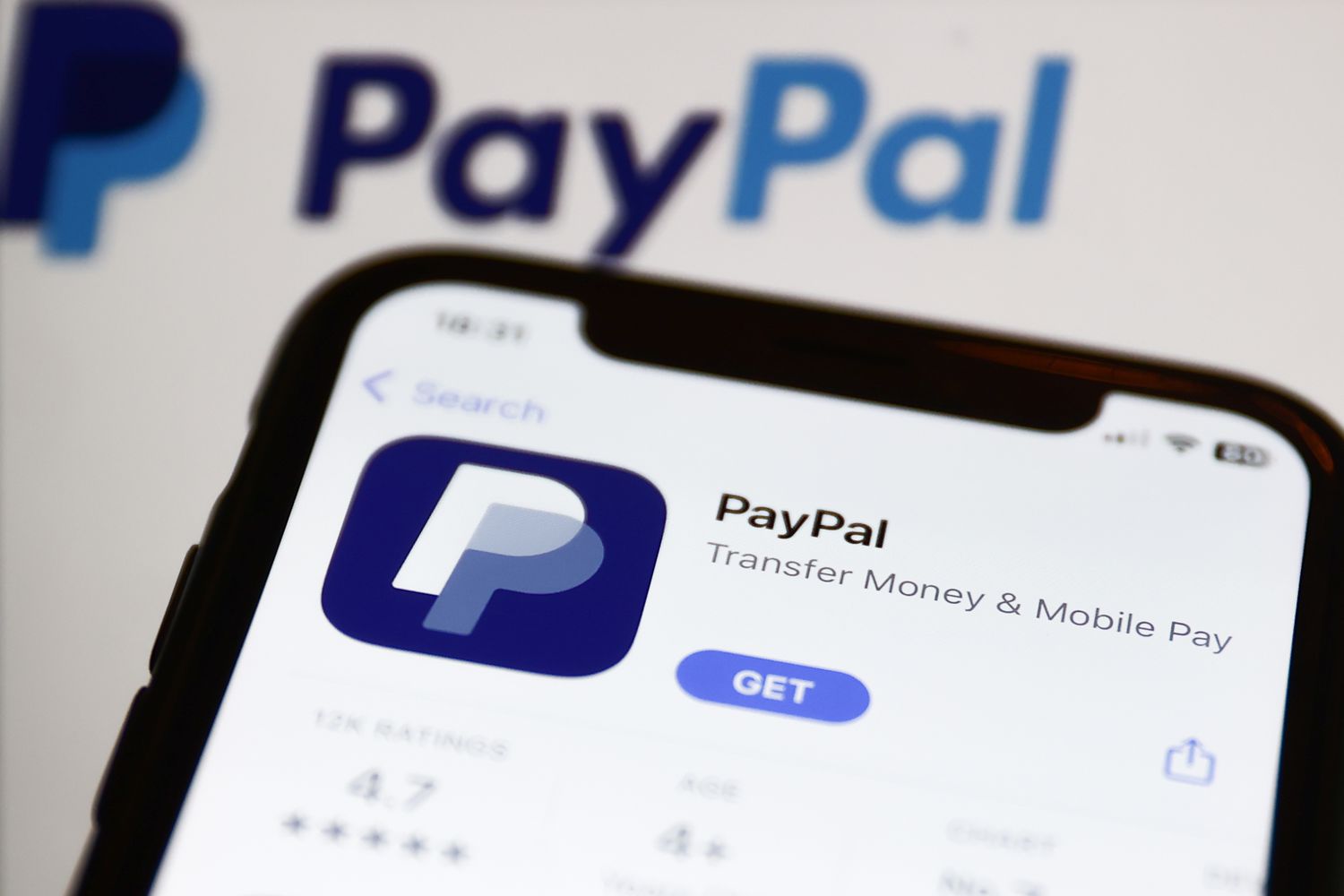PayPal Introduces PayPal USD Stablecoin
Digital payments company PayPal has recently launched its own U.S. dollar-pegged stablecoin called PayPal USD. This new offering provides customers with a stablecoin payment option and is a collaboration with fintech company Paxos.
Key Takeaways
- PayPal partners with Paxos to issue PayPal USD stablecoin.
- SEC’s scrutiny on Paxos for Binance USD coin.
- Stablecoins lack regulatory framework from the SEC.
PayPal USD enables customers to transfer the stablecoin between digital wallets, make person-to-person payments, fund purchases using the digital currency, and convert supported cryptocurrencies to and from PayPal USD. The stablecoin is fully backed by U.S. dollar deposits, short-term Treasurys, and cash equivalents, making it redeemable for U.S. dollars at a 1-to-1 ratio.
PayPal has partnered with Paxos Trust Company, a New York-based fintech firm specializing in blockchain technology, to issue the PayPal USD stablecoin. According to Dan Schulman, PayPal’s president and CEO, the move towards digital currencies necessitates a stable instrument that is digitally native and easily connected to fiat currencies like the U.S. dollar.
Should You Consider Investing?
While PayPal’s stablecoin is backed by the U.S. dollar and offers easy transferability and exchange options, it’s important to note that stablecoins, like all cryptocurrencies, carry inherent risks. They derive their value from other financial assets, introducing additional layers of risk and volatility. Even stablecoins backed by the U.S. dollar or Treasury bonds are not immune to market fluctuations.
Given PayPal USD’s peg to the U.S. dollar, fluctuations in the dollar’s value could impact the stablecoin’s worth. However, stablecoins like PayPal USD provide consumers with enhanced flexibility and payment alternatives, along with a decentralized financial avenue.
Shares of PayPal are currently trading nearly 3% higher as of 1:00 p.m. ET, but have seen a 12% decline year-to-date.
SEC’s Focus on Crypto
Paxos, PayPal’s partner in launching the stablecoin, has come under scrutiny from the Securities and Exchange Commission (SEC) for its Binance USD coin. The SEC threatened to sue Paxos in February, alleging that the Binance USD coin was not a registered security.
The SEC’s crackdown on crypto firms violating federal investment laws has intensified following the collapse of Luna and its associated stablecoin, TerraUSD, last year. While the SEC has targeted several crypto companies, it has yet to establish a comprehensive framework for defining and regulating stablecoins.
Stablecoins, such as those pegged to the U.S. dollar, play a significant role in the crypto market as they offer stability and can be used for transactions. Notable U.S. dollar-backed stablecoins include TetherUSD, USD Coin, and Binance USD.


































